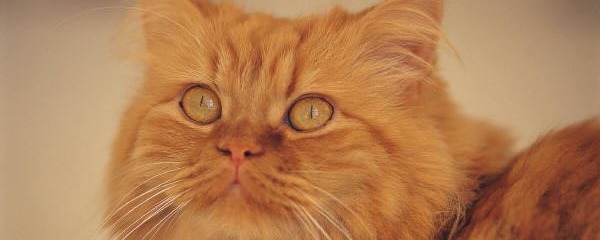Ear Infections in Cats
Ears are not one of the most common locations for infection in cats, but they can still be a problem for many pet parents. Because cats have short, upright ears they get a lot of airflow keeping them dry and they do not typically need to be cleaned. If you notice that your cat’s ears are bothering them, you should have your veterinarian take a look to see what is going on.
The most common cause of ear infections in cats is ear mites. If your cat has ear mites they will typically have very dirty ears that are full of dark colored wax. Your vet can do a swab and look for mites under the microscope. Mites are very irritating to the ears causing your cat to scratch at them. Once the ears are already irritated, it is very easy for them to get infected. Other causes of ear infections include build-up of wax in the ear, allergies or other health conditions such as diabetes. If the infection is secondary to another condition, you need to address the root problem – not just the ear infection. Allergies for example alter the flora balance within the ear making them easily susceptible to picking up chronic ear infections.
If a cat’s ears are infected you can usually find a dark or yellow foul-smelling discharge in their ears and your cat will be noticeably bothered by them. Infected ears are painful so they will probably be red, swollen and sensitive. Your veterinarian will prescribe ear drop medications that your can put in your cat’s ears to clear up the infection. Cats that get ear infections tend to get them chronically so take a peek in your cat’s ears regularly to make sure they look clean and healthy. Severe and chronic cases may require surgery. It is not a bad idea to clean your cat’s ears occasionally, but make sure to use an ear cleaner that is safe for cats and simply wipe away debris with a cotton ball. Do not stick anything down deep into your cat’s ear because you could damage their ear drum.
Studies
First isolation of the stephanoascus ciferrii in feline otitis in Brazil.
Morphological aspects of tympanic bulla after ventral osteotomy in cats.
Otitis interna induced by Cryptococcus neoformans var grubii in a cat.


